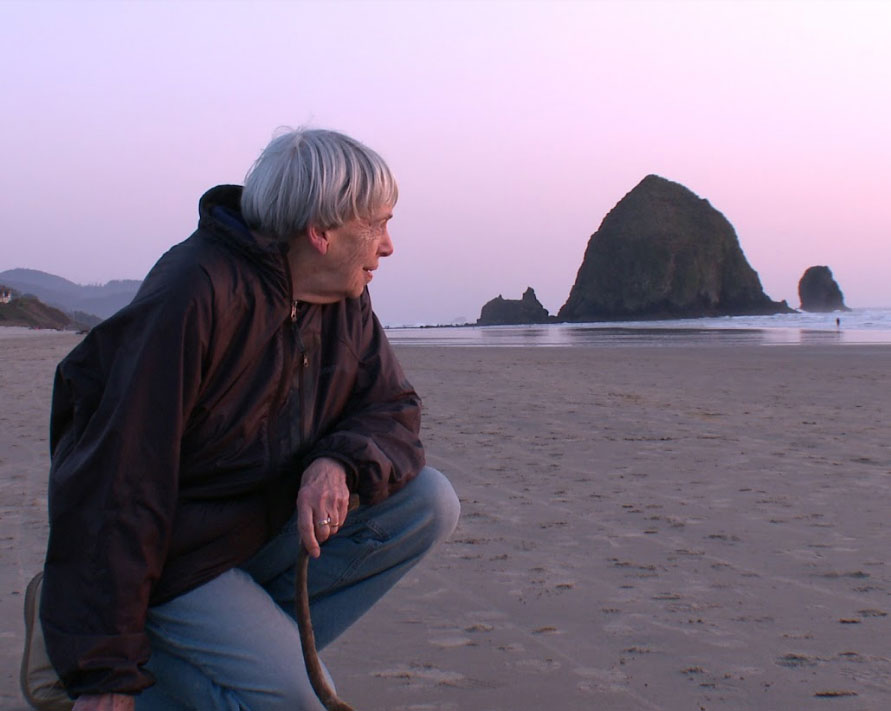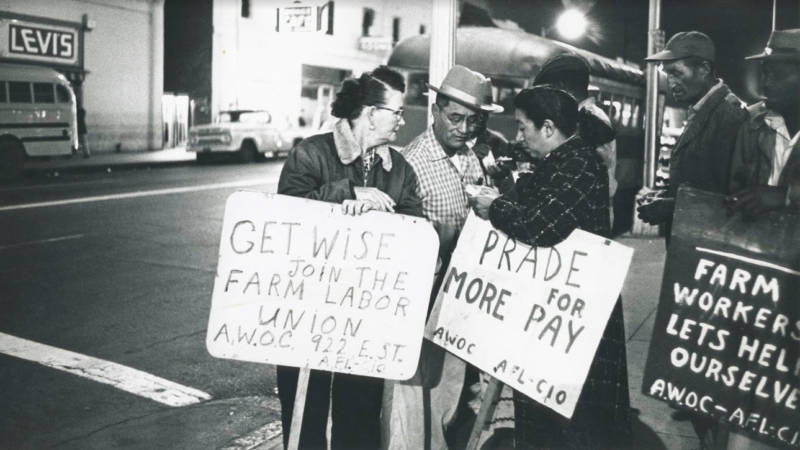Regardless where the movies come from, every film festival is local. Programmers are always thinking about their audience, whether they’re aiming for a sweet spot or walking out on the edge. While the notion of community is often preeminent, especially for festivals centered on identity or an issue, it’s tough for geography-based festivals to create that sense of shared experience and purpose.
Albany International FilmFest (March 16–24) cultivates that elusive connection between moviegoers with far more success than most “nondenominational” festivals. Its recipe blends short films, children’s programming, lots of filmmakers and a welcoming vibe—with the aim of dissolving the distance between artist and audience, subject and viewer, them and us.

This year’s lineup offers another chance to catch a trio of vivid and poignant feature-length portraits that debuted at previous Bay Area festivals, Arwen Curry’s Worlds of Ursula K. Leguin, Laurie Coyle’s Adios Amor: The Search for Maria Moreno and V. Scott Balcerek’s Satan & Adam. The short standouts include Anne Flatté’s Symphony for Nature and Albany filmmaker Michael Primmer’s Downeast Morning. It’s a beautiful day in the neighborhood, as somebody once said.


